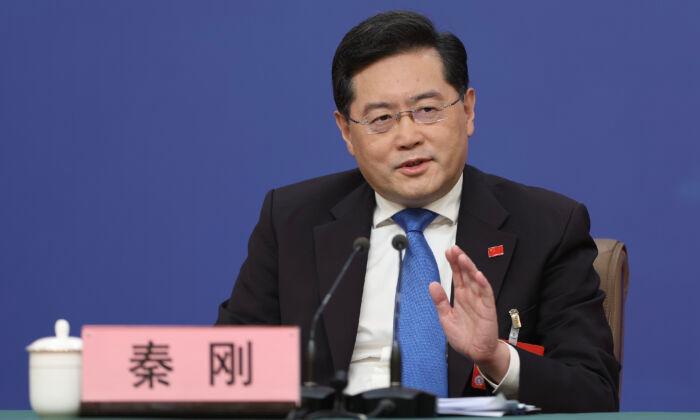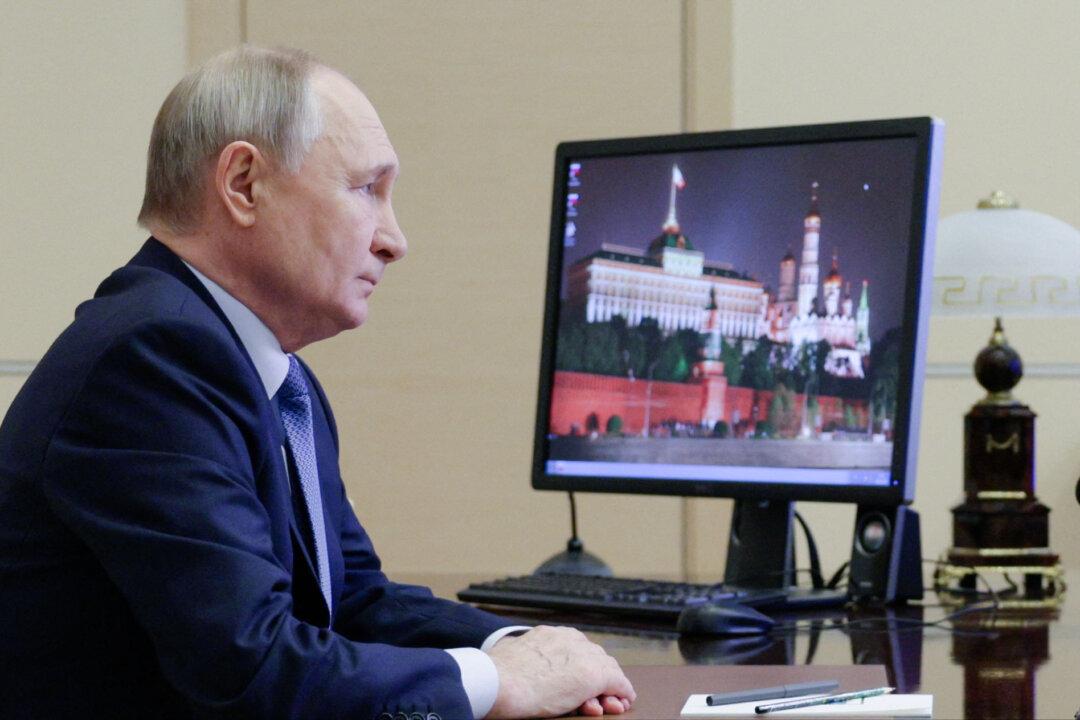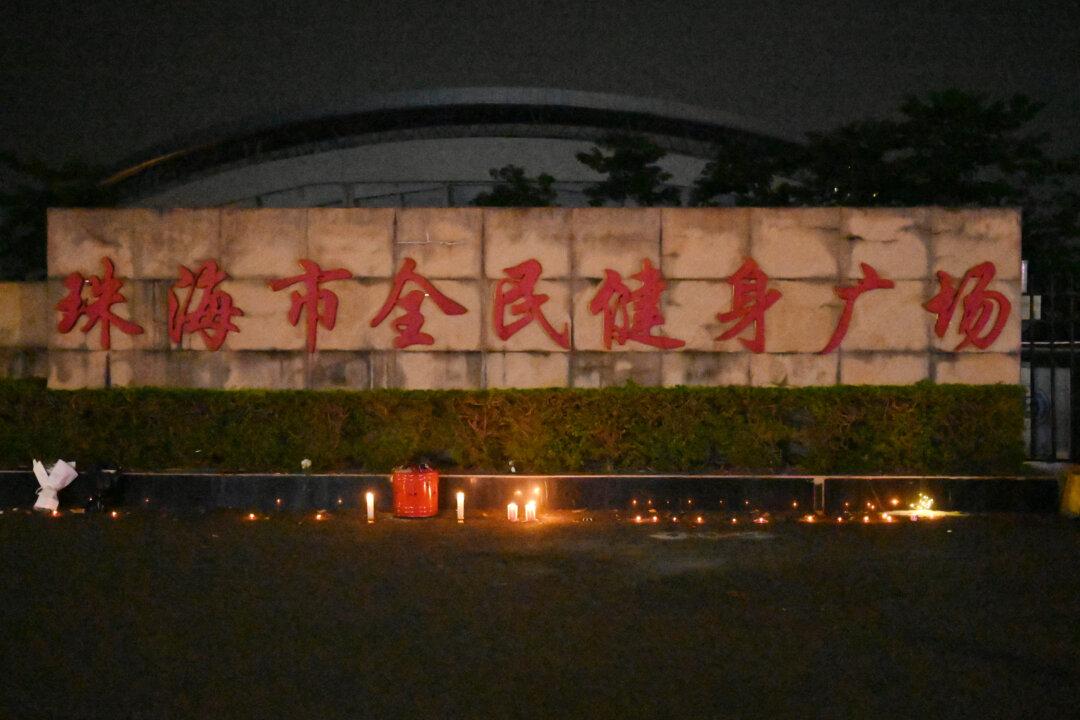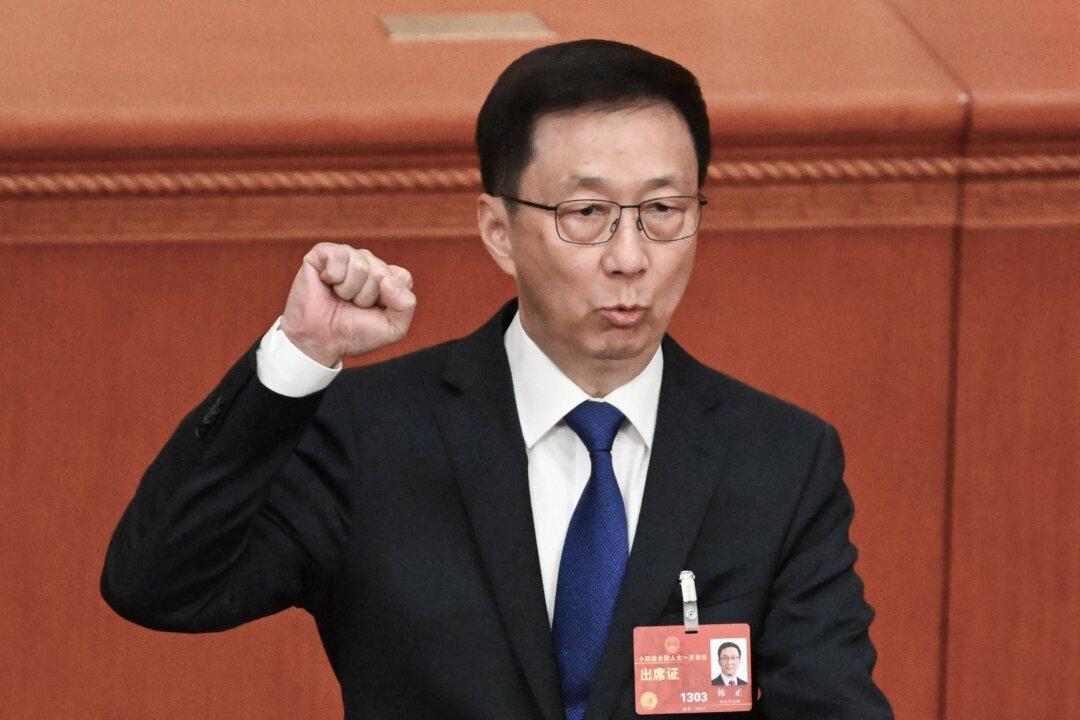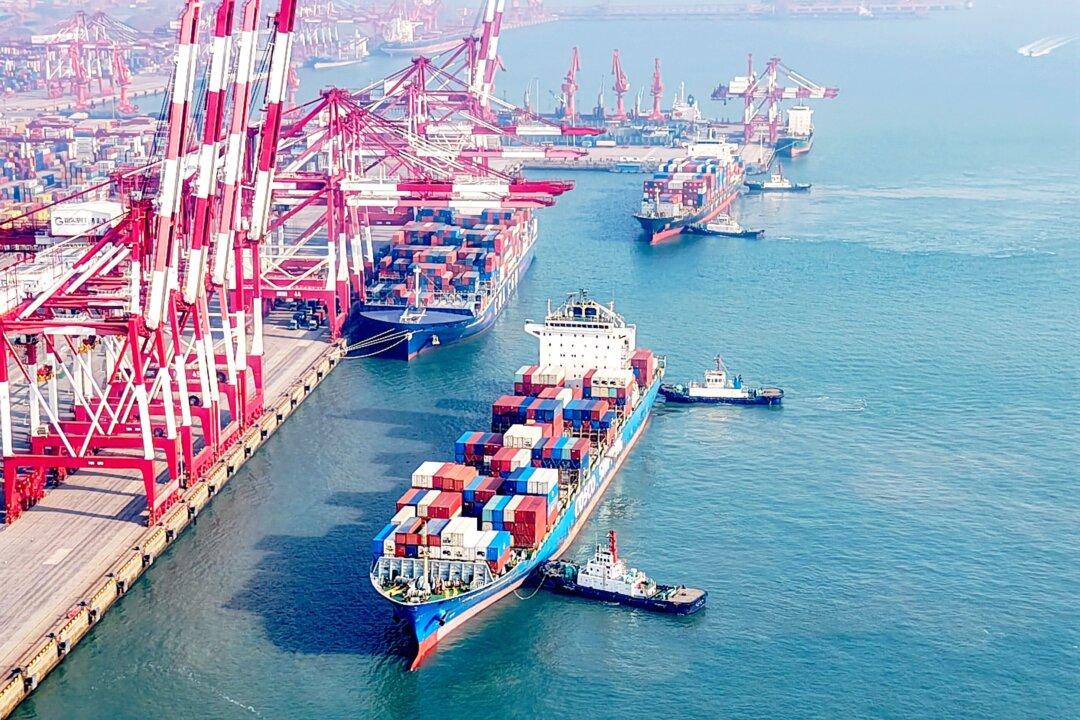The Chinese regime has expressed support for Russia to maintain its national stability, Beijing’s foreign ministry said a day after a short-lived mutiny ended in Russia.
A spokesperson of Beijing’s foreign ministry described the armed uprising led by Yevgeny Prigozhin, the boss of Russia’s Wagner mercenary group, over the weekend as “Russia’s internal affairs,” in a statement released late on June 25. The spokesperson stated that the ruling Chinese Communist Party (CCP) supports Russia in “maintaining its national stability and achieving development and prosperity.”
The brief comment followed a June 25 meeting in Beijing between Chinese foreign minister Qin Gang and Russian deputy foreign minister Andrei Rudenko.
The two top diplomats “exchanged views on China–Russia relations as well as international and regional issues of common concern,” without elaborating, according to a readout of the talks from Beijing’s foreign ministry.
Prior to the talks with Qin, Rudenko met with China’s vice foreign minister Ma Zhaoxu earlier on June 25, during which the two sides vowed to strengthen their “solidarity and cooperation,” according to a readout from Beijing. The two senior diplomats pledged to “safeguard the common interests” under the “complex and severe” international situation, it read.
It was unclear when Rudenko arrived in Beijing whether his visit to China was in response to what appeared to be a rebellion led by Prigozhin.

Prigozhin, who has been a close ally of Russian President Vladimir Putin for some 20 years, had earlier described the move as a “march for justice” to topple Moscow’s military leadership, which he blamed for unnecessary losses of Russian troops.
Lukashenko’s office said on June 24 that Belarusian President Alexander Lukashenko had Putin’s blessing to broker a deal that ended up halting the lightning-fast advance of Wagner forces toward Moscow.
Kremlin spokesman Dmitry Peskov told reporters that under the deal, Prigozhin would move to Belarus and criminal charges against him in Russia would be dropped.
Wagner fighters who took part in the armed rebellion won’t face any retribution, in recognition of their previous service to Russia.

While the rebellion has been closely followed by China’s state media, the outlets have largely refrained from commenting ahead of official remarks.
The Chinese regime earlier made no comment on Moscow’s crisis, while Western leaders, including U.S. President Joe Biden, said they were closely monitoring the situation.
